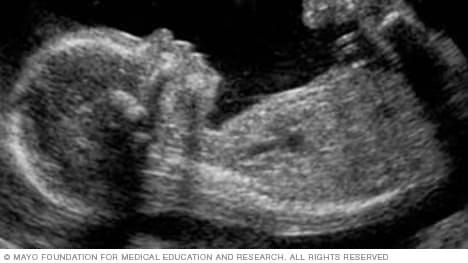Left to their own (medical) devices, societies will generate their own gender imbalances
Tell me which gender you prefer and I will tell you your economic development level
You must remember this … China’s infamous one-child policy and the gender imbalance it caused there.
It was considered an acceptable externality (side effect or consequence of an activity) for arresting China’s high birth rate of the 1960s, when women there were still having six pregnancies — on average. Still, the story was miss-told by history.
From America’s New Map:
China’s demographic dividend was triggered by a radical decline in fertility. It took America eight decades (1844–1926) to lower fertility from six children per woman to three. China did it in a decade (1967–1978). History attributes that decline to Beijing’s infamous one-child policy, when, in truth, that edict only took effect in 1980, by which time China’s fertility crash was well underway. Tellingly, China’s fertility decline mirrored that of Taiwan across the same decades. Taipei had no such restrictive reproduction policy, suggesting that government policies mandating lower fertility are as ineffective as those promoting the opposite.
In truth, it seems much more logical to attribute that fertility drop to the social chaos that was the Cultural Revolution (1966-1976). When Deng Xiaoping and company later came up with the one-child policy, they took a profound fertility crash and made it permanent — as we now know.
But here’s the thing: that policy was not as strict as it was made out to be. Under the policy, if your first child was a daughter, you were allowed — on the down low — to try again for a son. And if your second try yielded another girl — that baby tended to be the one put up for adoption. That’s how strong the gender preference was in China for boys.
That preference is rooted in tradition, economics, and law.
Keep reading with a 7-day free trial
Subscribe to Thomas P.M. Barnett’s Global Throughlines to keep reading this post and get 7 days of free access to the full post archives.



